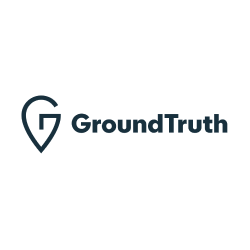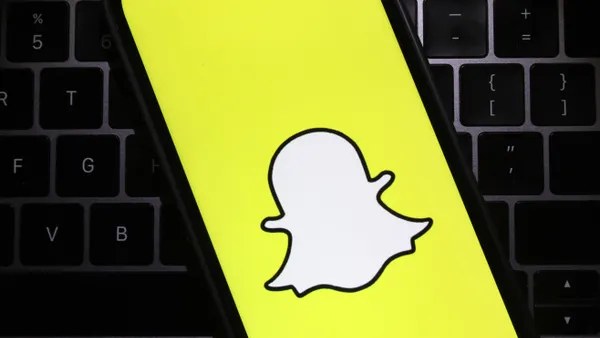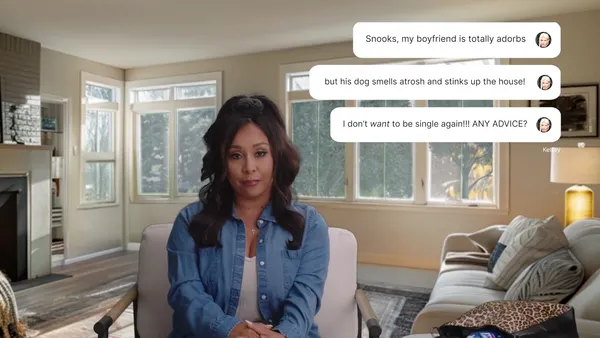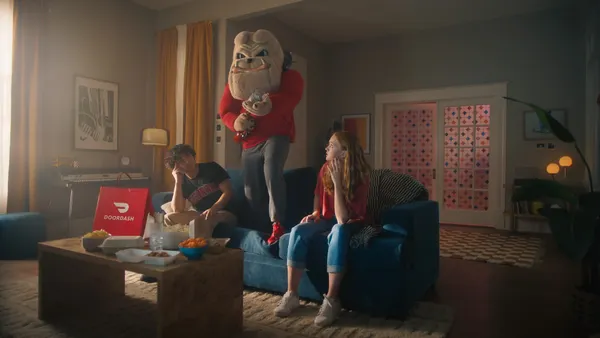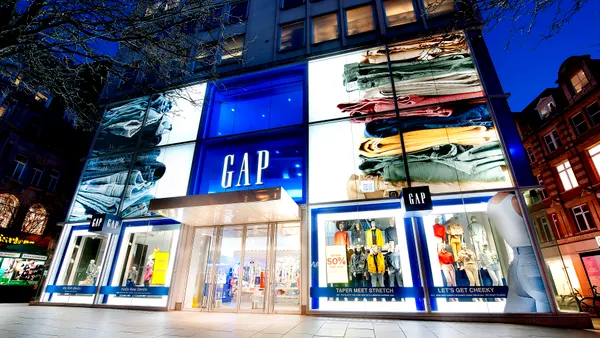Brief:
- Public health announcements and memes were shared most often on social media last week amid concerns around the coronavirus pandemic, according to Kantar data shared with Mobile Marketer. About 38% of the posts didn't make a joke and emphasized the importance of taking health advice seriously, the analysis of more than 8,000 images shared by social media users revealed.
- About 17% of the images analyzed showed outdoor pictures of sunsets, beaches and cityscapes, making them the second-most popular kind of social media post. Selfies made up 15% of posts and had a more serious tone as people shared their values, concerns and questions with others amid the coronavirus scare.
- Thirteen percent of the images had a lighter tone, focusing on how people were managing their social and work lives through their laptops, indicating a need for shared isolation among friends and family. Another 13% featured the "new essentials" for self-isolation, including tea, chocolate, wine and books, while 8% of posts showed people snuggling with family and pets as people seek comfort amid the uncertainty of the pandemic.
Insight:
Kantar's analysis of social media posts underpins how the coronavirus pandemic is disrupting people's daily routines while reflecting their fears about public health. Marketers need to be mindful of those concerns as consumers turn to different platforms to express their worries and to seek more information about the risks associated with the novel coronavirus, which causes the COVID-19 illness.
The findings could help inform social media campaigns, suggesting that people are looking for serious-minded messaging, but are not averse to that information being shared via formats like memes. Some platforms have published advice on how to continue marketing during the pandemic. In a blog post last week, Twitter offered guidance that noted that people are looking for up-to-date, accurate information that has a measured tone of voice, but also could be more receptive to posts focused on levity, positivity and community.
As government officials announce restrictions on travel, close schools and order the shutdown of public gathering places like bars, restaurants and theaters, consumers are also more likely to seek information about recommendations for "social distancing" and other measures to lessen the spread of the coronavirus.
Social sharing platforms such as Facebook, TikTok, Twitter and YouTube have been working to halt the spread of misinformation about the novel coronavirus, while Amazon, Apple and Google have blocked nonofficial coronavirus apps from their app stores, per press reports. Facebook last week compiled all of its coronavirus-related announcements in a single blog post to explain how the social network is limiting harmful content and ads with misleading product claims, among other steps. Google's homepage is promoting the "Do the Five" campaign to raise awareness about simple steps to slow the spread of the coronavirus, an effort that has been seen by millions of people in the U.S., Sundar Pichai, CEO of Google and parent company Alphabet, said in a blog post.
The coronavirus pandemic has already disrupted the marketing efforts for a variety of brands, including sponsors of major events as professional sports leagues cancel events or suspend operations. The NCAA axed its popular March Madness college basketball tournament that last year generated $910 million in national ad revenue, per Kantar data cited by Adweek. Hershey and Coors last week suspended advertising campaigns to avoid negative associations with the virus, while beer maker Corona recently faced criticism for promoting its new alcoholic seltzer line with the tagline "Coming Ashore Soon."








